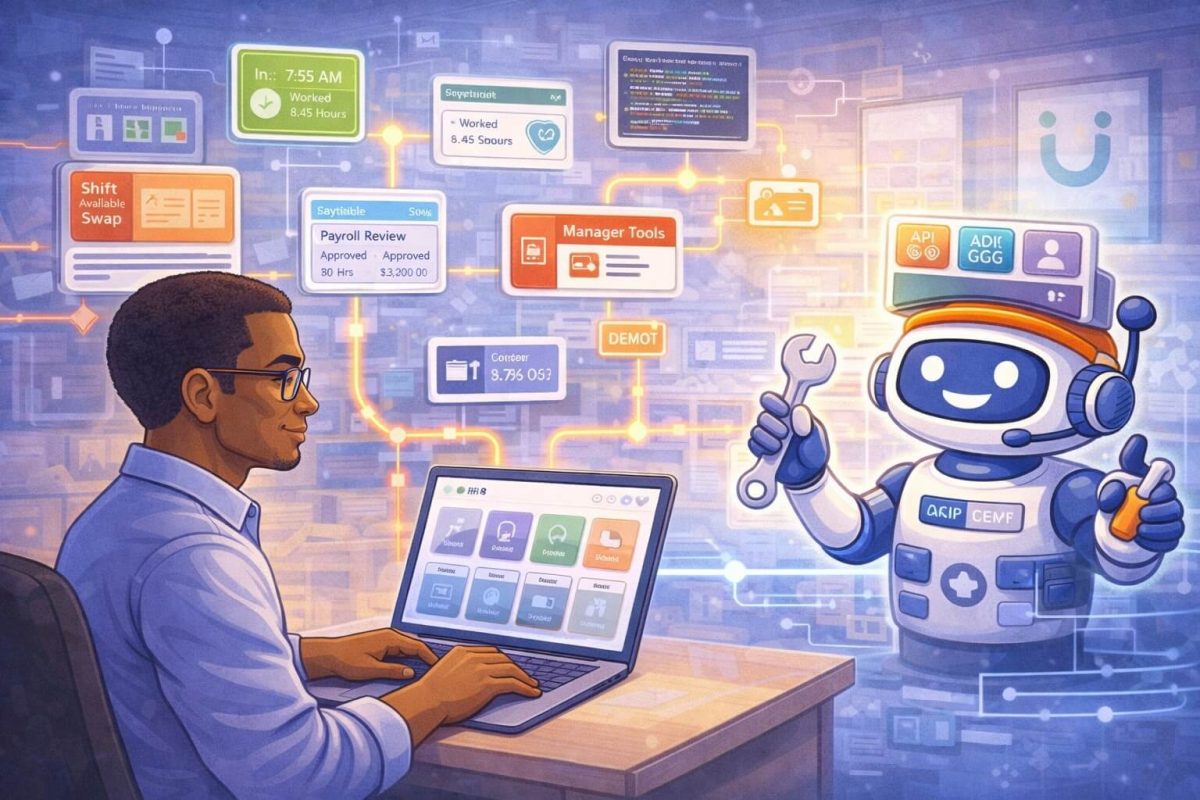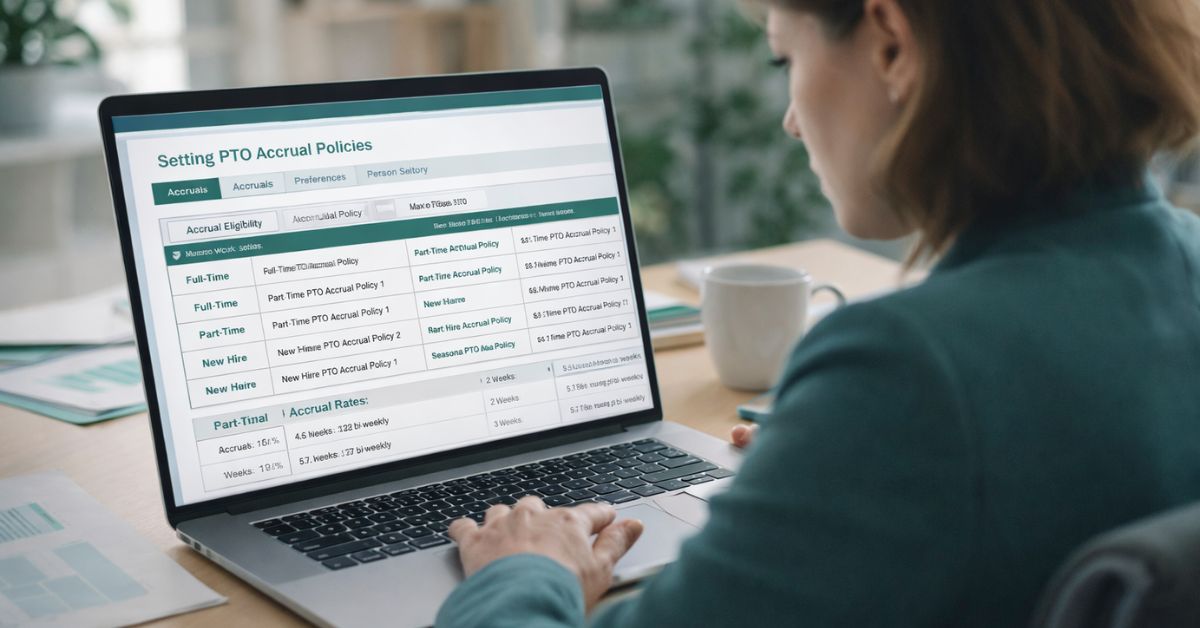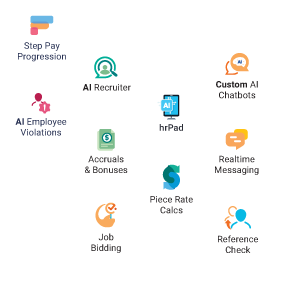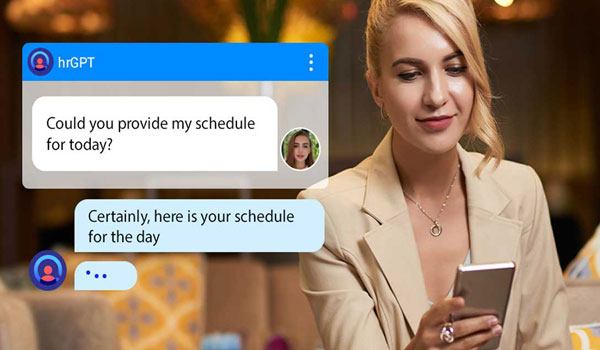See how hospitality organizations streamline cross-skilling and PDP management using CloudApper to customize and automate their UKG systems.
Table of Contents
Cross-skilling is a necessity in the hospitality industry. Whether it’s a front desk agent learning banquet setup or a concierge stepping into guest services, flexible teams are more valuable than ever. However, without structured support, development gets lost in the daily rush. That’s why organizations must streamline cross-skilling and PDP management in hospitality to ensure growth is consistent, trackable, and aligned with business needs.
UKG offers strong tools for managing employee development, but cross-functional training in fast-paced environments like hospitality demands more customization. CloudApper complements UKG by making PDP automation smarter, more flexible, and better suited to role-blended teams.
Step 1: Define Role-Based Skill Paths
Start by identifying which departments commonly share talent. For example, front desk and concierge services often overlap. Housekeeping and event setup may share staff during high-occupancy periods. Using CloudApper, you can create custom PDP automation templates that blend these responsibilities into clear development paths.
Each template includes:
- Specific skills to acquire
- Related training modules or tasks
- Completion timelines and checkpoints
By centralizing these paths within CloudApper, you avoid the limitations of generic, single-role PDPs.
Step 2: Assign and Automate Development Goals
Manual tracking often leads to missed steps and inconsistent progress. CloudApper eliminates this by automatically assigning tasks and learning resources when a cross-skill goal is selected. For instance:
- Choosing “banquet support” adds event setup modules to the PDP
- CloudApper sends alerts to managers and staff for upcoming checkpoints
- Reminders keep training on track across shifts and locations
This level of automation reduces the burden on managers and ensures that development happens without micromanagement.
Step 3: Empower Managers with Real-Time Dashboards
Managers need clarity—not more paperwork. CloudApper enhances UKG by providing dashboards that display PDP automation progress by employee, department, or location. From one screen, supervisors can:
- Monitor cross-skilling completion rates
- Spot delays or missed milestones
- Reassign training tasks based on availability
This helps with scheduling and resource allocation, especially during busy seasons when cross-trained staff are essential.
Step 4: Give Employees Mobile Access
Cross-skilling shouldn’t require employees to log in at a desktop or hunt for updates. CloudApper makes it simple by offering mobile-friendly access to PDPs. Staff can:
- Check their progress from any device
- Review upcoming goals
- Confirm training completion instantly
This convenience increases engagement and helps employees take ownership of their development journey.
Step 5: Align Cross-Skilling with Organizational Growth
Cross-skilling isn’t just about covering shifts—it’s a long-term investment. When staff are trained across departments, it improves retention, reduces downtime, and prepares your organization to scale.
CloudApper supports this vision by:
- Making growth paths visible and achievable
- Standardizing cross-training without slowing operations
- Helping HR teams align training with succession planning
By integrating with UKG, all data remains centralized and accessible—no need for extra spreadsheets or disconnected tools.
Step 6: Scale Across Locations and Teams
Whether you operate a single property or manage multiple hospitality locations, CloudApper makes it easy to deploy standardized cross-skilling frameworks. Each site can use the same PDP automation templates, adjusted as needed for local requirements, ensuring consistency across the brand.
From one platform, you gain visibility into who’s trained, what skills are needed, and how development supports business outcomes.
Consult our experts today to learn how CloudApper can help you streamline cross-skilling and PDP management in hospitality while enhancing your UKG experience.













